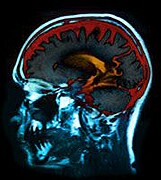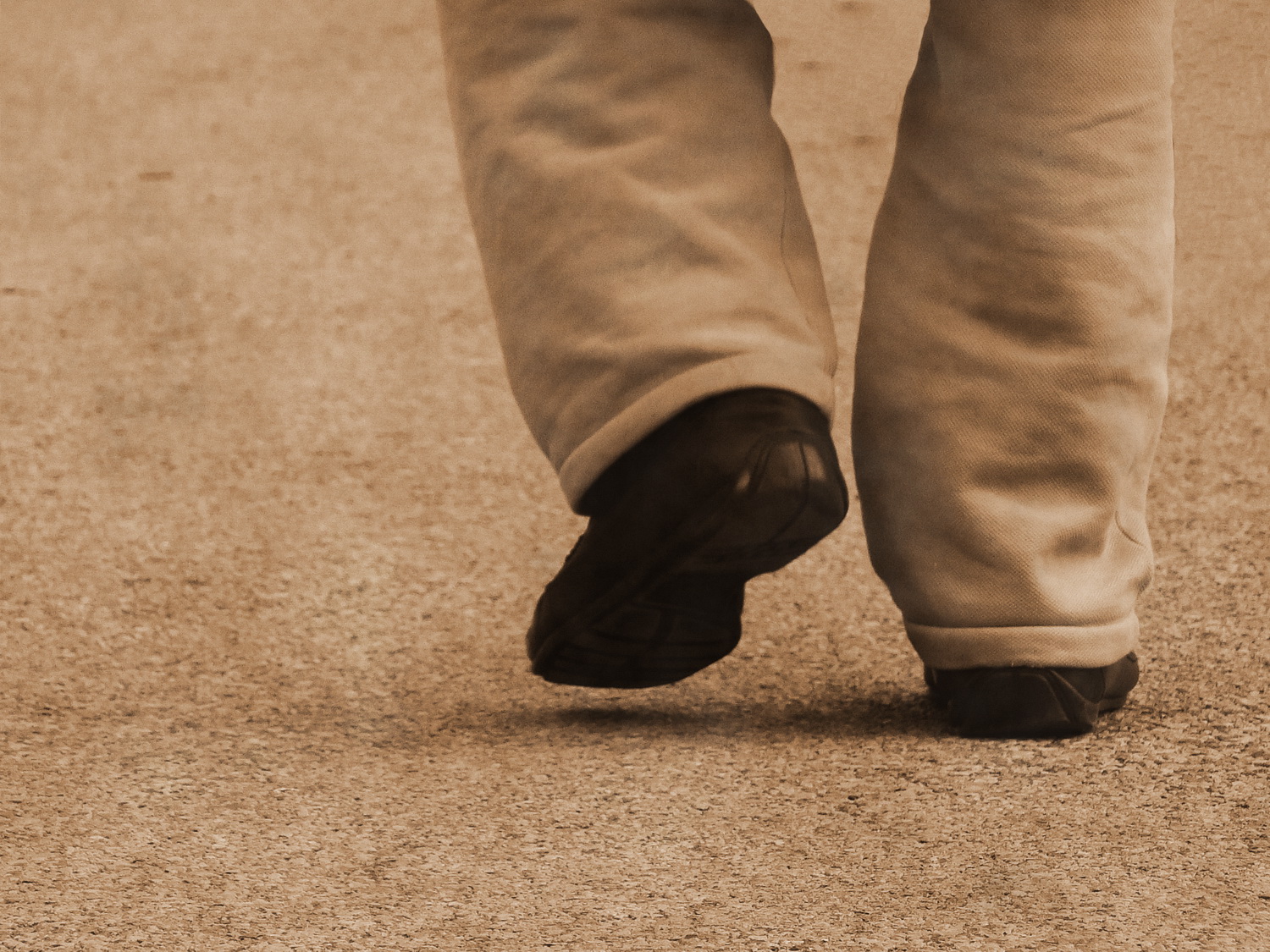
FRIDAY, March 22 (HealthDay News) — A malfunction in a specific group of brain cells may explain why some people with autism have difficulty recognizing faces, a small new study finds.
Researchers used functional MRI to scan the brains of 15 adults with autism. In some of the patients, neurons in the brain area that processes faces — the fusiform face area (FFA) — were too broadly “tuned” to distinguish between facial features of different people.
“When your brain is processing faces, you want neurons to respond selectively so that each is picking up a different aspect of individual faces. The neurons need to be finely tuned to understand what is dissimilar from one face to another,” study senior investigator Maximilian Riesenhuber, an associate professor of neuroscience at Georgetown University Medical Center, said in a center news release.
“What we found in our 15 adult participants with autism is that in those with more severe behavioral deficits, the neurons are more broadly tuned, so that one face looks more like another, as compared with the fine-tuning seen in the FFA of typical adults,” he explained.
“And we found evidence that reduced selectivity in FFA neurons corresponded to greater behavioral deficits in everyday face recognition in our participants,” Riesenhuber added. “This makes sense. If your neurons cannot tell different faces apart, it makes it more difficult to tell who is talking to you or understand the facial expressions that are conveyed, which limits social interaction.”
Riesenhuber noted that there are wide differences in the ability of people with autism to identify faces, and that some of them have no difficulty doing so.
“But for those that do have this challenge, it can have substantial ramifications — some researchers believe deficits in face processing are at the root of social dysfunction in autism,” he said.
The study was published online March 15 in the journal NeuroImage: Clinical.
More information
The U.S. National Institute of Neurological Disorders and Stroke has more about autism.

